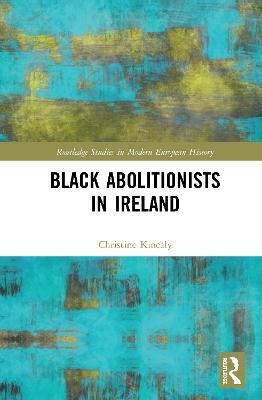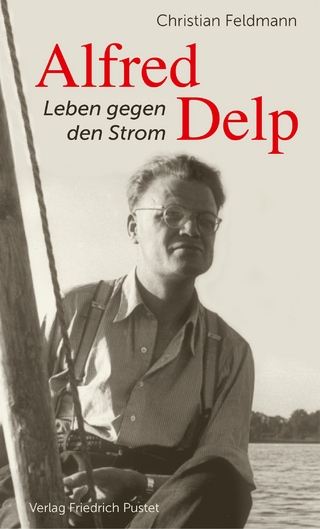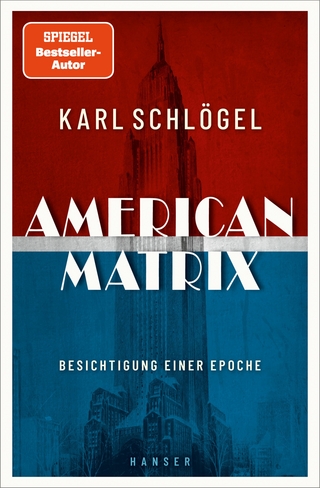
Black Abolitionists in Ireland
Routledge (Verlag)
978-0-367-22533-9 (ISBN)
The story of the anti-slavery movement in Ireland is little known, yet when Frederick Douglass visited the country in 1845, he described Irish abolitionists as the most ‘ardent’ that he had ever encountered. Moreover, their involvement proved to be an important factor in ending the slave trade, and later slavery, in both the British Empire and in America.
While Frederick Douglass remains the most renowned black abolitionist to visit Ireland, he was not the only one. This publication traces the stories of ten black abolitionists, including Douglass, who travelled to Ireland in the decades before the American Civil War, to win support for their cause. It opens with former slave, Olaudah Equiano, kidnapped as a boy from his home in Africa, and who was hosted by the United Irishmen in the 1790s; it closes with the redoubtable Sarah Parker Remond, who visited Ireland in 1859 and chose never to return to America. The stories of these ten men and women, and their interactions with Ireland, are diverse and remarkable.
Christine Kinealy gained her PhD in Trinity College, Dublin. In 2013, she was appointed the founding Director of Ireland’s Great Hunger Institute at Quinni- piac University. She has lectured and published extensively on various aspects on modern Irish history, most particularly on the Great Famine and the Irish abolition movement. Her previous publications include Frederick Douglass. In his own words (2 vols. Routledge, 2018).
Introduction; 1 Olaudah Equiano (1745–1797): ‘In every respect on par with Europeans’; 2 Moses Roper (1815–1891): ‘A religious turn of mind’; 3 Charles Lenox Remond (1810–1873): ‘A mission of humanity’; 4 Frederick Douglass (1818–1895): ‘Agitate, Agitate, Agitate!’; 5 William Wells Brown (c.1814–1884): ‘A cultivated fugitive’; 6 Henry Highland Garnet (1815–1882): ‘A staunch new organizationist’; 7 Edmund Kelly (1817–1884): ‘A family redeemed from bondage’; 8 Samuel Ringgold Ward (1817–c.1866): ‘A Christian abolitionist’?; 9 Benjamin Benson (1818–?): ‘Drunkenness … worse than slavery’; 10 Sarah Parker Remond (1826–1894): ‘Remarkably feminine and graceful’; Bibliography
| Erscheinungsdatum | 26.05.2020 |
|---|---|
| Reihe/Serie | Routledge Studies in Modern European History |
| Verlagsort | London |
| Sprache | englisch |
| Maße | 156 x 234 mm |
| Gewicht | 580 g |
| Themenwelt | Geisteswissenschaften ► Geschichte ► Regional- / Ländergeschichte |
| Sozialwissenschaften ► Ethnologie | |
| Sozialwissenschaften ► Soziologie | |
| ISBN-10 | 0-367-22533-6 / 0367225336 |
| ISBN-13 | 978-0-367-22533-9 / 9780367225339 |
| Zustand | Neuware |
| Haben Sie eine Frage zum Produkt? |
aus dem Bereich


